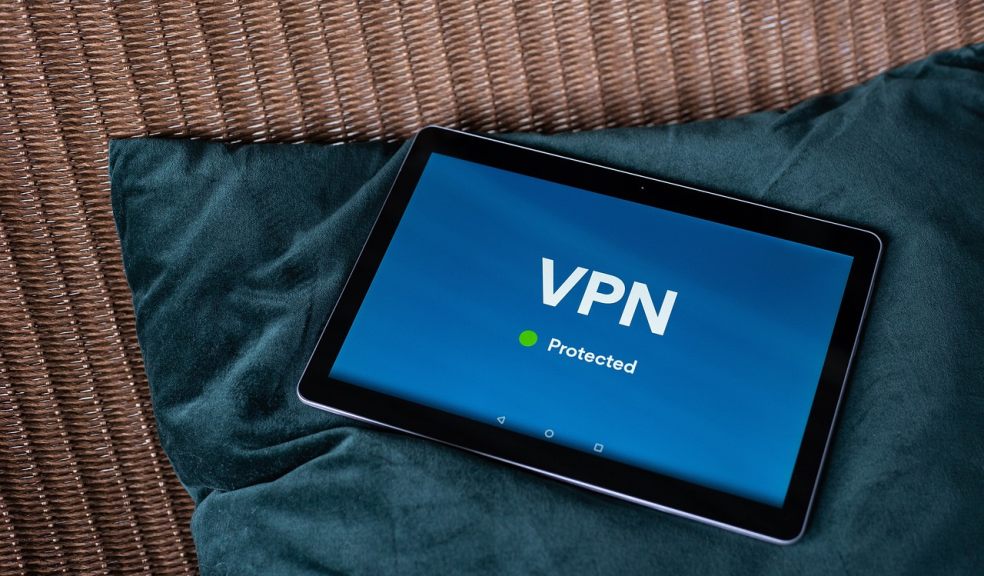
What is a VPN and When to Use One
VPNs are incredibly popular with businesses and individuals working and browsing the internet in public and abroad. They can greatly enhance your online privacy and security, ensuring your data remains confidential.
Below, we'll explain what a VPN is and the benefits it offers for your online activities.
Understanding VPNs: Definition and Functionality
Searching 'What is a VPN?' will result in thousands of overly complex explanations, but VPNs are essentially encrypted connections between your device and the internet. They stand for a 'virtual private network' that masks your IP address and protects your data.
Once your device connects to a VPN, it creates a 'tunnel' or encrypted connection with a secure server. All your browsing and streaming is routed through the tunnel, scrambling your data and making it unreadable to anyone attempting to intercept it.
Benefits of Using a VPN
The primary benefits of VPN usage are enhanced data privacy and security. It masks your real IP address and location, meaning advertisers, websites, and internet service providers can't track your browsing.
When you connect to unsecured public Wi-Fi connections, hackers can steal your login credentials and gain access to your accounts as your data is transmitted over the network. Unsecured networks can also destitute malware that results in you unwittingly infecting other devices on your home network. With a VPN, you can use public Wi-Fi privately.
You can also use VPNs to access home content in different countries. Connecting to UK servers allows you to browse the web as if you were there to watch TV shows and use online services unavailable abroad. In countries with local content restrictions and censorship, you'll be able to access your social media accounts and news pages.
Potential Risks and Limitations of VPNs
VPNs can come with downsides. Free VPNs with lower-quality servers can lead to significant speed drops as they process the routing and encryption of your internet traffic. Using VPNs on your mobile can also increase data usage, especially when streaming content.
Free VPNs are less likely to be secure and could collect your data, while others log user activity, which could compromise your privacy if unauthorised parties access them. These VPNs can be targets for cybercriminals who exploit vulnerabilities in their software and protocols.
Best Practices for Using VPNs Safely
Choosing a reputable provider with stronger privacy policies and encryption will provide more reliable connections and protection from malware. Ensure they have a no-logs policy and additional security features like DNS leaks and a kill switch to disconnect your internet connection if the VPN connection drops automatically.
Remember that not all VPNs will protect you from malware like viruses and spyware. They will prevent malicious code from being injected into your device in man-in-the-middle attacks, but you'll still need to be cautious about what you click on and download. You're also still susceptible to phishing scams with a VPN on.
It's best to use VPNs in conjunction with other security measures like anti-virus software. Some VPN services include adblockers and anti-malware protection as additional security features.













